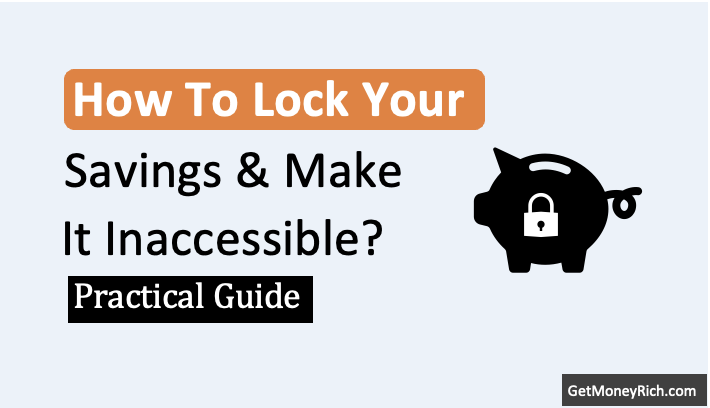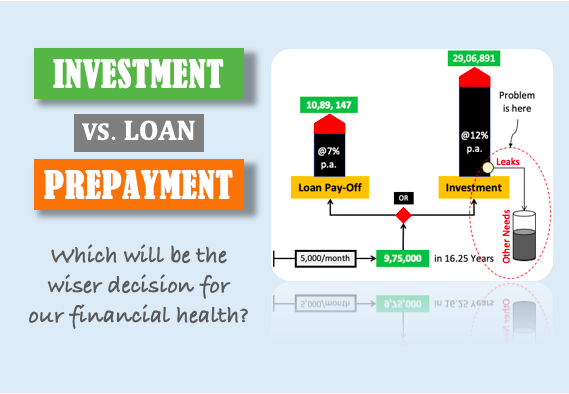In this tariff war world, the dollar is flexing its muscles again. As if the cost of living here wasn’t already giving us a mini heart attack every time we swipe our credit cards. But seriously, this whole “strong dollar” thing is something our NRIs need to understand. Why? Because it touches everything from their salaries to their investments back home.
I remember when one of my first came in the US, the exchange rate was drastically different. Back then, the simple thought of sending money back home used to make NRIs worry on the conversion charges. Now, with every dollar gaining against the rupee, it’s like a mini Diwali bonus for their families.
But before people start popping the champagne (or, you know, ordering that extra-large pizza!), let’s break down what this actually means for our expats.
Remittances: Paisa Hi Paisa?
Okay, let’s start with the good stuff. This is probably the most obvious benefit.
When the dollar is strong, every dollar NRIs send home magically transforms into more rupees. Remember how your parents were subtly hinting at needing a new scooter? Well, now you can actually consider it. Or maybe that sister’s wedding you’ve been meaning to contribute to? This is where the strong dollar is our friend.
Keep an eye on those exchange rates. Timing the money transfers when the rupee is particularly weak can make a HUGE difference. Think of it as playing the stock market, but with your hard-earned salary.
India Trips: Shopping Spree Time
This is something I know, a lot of my NRI friends get excited about.
Suddenly, that trip back home feels a little less financially daunting. Plane tickets are still a killer, I know, but once you’re there, everything from hotels to shopping feels cheaper in dollar terms. That dream of buying a nice apartment back in our city? Might actually be within reach.
But a word of caution. Don’t go too crazy. Real estate pricing in India is tricky. Properties in cities like Mumbai and Delhi NCR are too pricy. A better value for money property (high rental yields) can be found in cities like Kolkata, Bangalore, Chennai, Pune, Hyderabad, etc).
Indian Investments: The Catch
Okay, now for the not-so-great part.
Many of expats have investments in India, right? They maintain a portfolio of NRE/NRO accounts, stocks, mutual funds, the works. A strong dollar can actually reduce the returns on those investments when it gets converted back to USD.
Imagine putting in all that hard work, seeing the investments grow in rupees, and then watching the dollar eat away at the profits.
My take? In a market where dollar is getting stronger as compared to Indian Rupee, keeping money parked in US market will be better as compared to India. Moreover, if inflation is high in the US, the interest rates will stay high. In such cases, parking a good part of the money in a more secured US dollar will be a good strategy.
Education Costs: Ouch!
This one hits close to home for a lot of us, especially those with kids studying in the US.
A strong dollar makes education in the US even more expensive for Indian students. Tuition fees that were already eye-watering suddenly become astronomical. It’s a real struggle for parents relying on rupee-based savings or Indian education loans.
What to do? If you’re planning on sending your kids to study here, start saving in USD as early as possible. It’s like preparing for a marathon – the earlier you start, the better.
Job Market: Be Careful
The US job market is a complex beast.
While a strong dollar can help control inflation (which, let’s be honest, is a good thing), it can also make things tough for companies that rely on exports. Sectors like IT and pharma (where many of NRIs work) could face budget constraints if global demand slows down. This can translate to hiring slowdowns and increased competition for jobs.
Let me explain it to you with more clarity.
Basically, a strong dollar makes US goods and services more expensive for buyers in other countries. Think of it like this: if an Indian company wants to buy software from a US-based IT firm, they now need to spend more rupees to get the same dollar amount. This can reduce the demand for those US products and services in the global market.
If companies are selling less internationally due to these higher relative prices, they might see less revenue or lower profits.
Now, for companies with lower revenues, the first thing they are likely to do is put any new hiring on hold. They will try to make us of their existing workforce to get the work done. The Indian expats are hugely employed in pharma and IT sectors. The US companies that hire them may slow down or even freeze any new hiring. That also increases competition for existing jobs as less jobs are available.
Cost of Living: The Daily Grind
While a strong dollar makes imports cheaper (which sounds good, right?), it can also contribute to inflation within the US. How?
Here’s the link.A strong dollar makes US exports more expensive, as we discussed. To remain competitive in the global market, US companies might try to maintain profit margins by slowly increasing the prices for the goods sold within US. So, while you might see slightly cheaper imported electronics or clothes, the everyday essentials like rent, groceries, healthcare, and utilities might slowly but surely creep upwards.
For expats, especially those who are relatively new and perhaps haven’t built up significant savings, this can squeeze budgets. The salary one earns in USD might feel like it’s not stretching as far as it used to. Expats would have to spend more on the basics, leaving less for savings, investments, or those trips back home.
It’s a subtle but real impact on the wallets of the expats living in the US.
Investing in the US
A stronger dollar can make US assets more attractive.
It primarily happens because it signals confidence in the US economy. Think of it as a global vote of confidence. If the dollar is strong, it often suggests that investors believe the US economy is stable and growing. This, in turn, can boost the returns you might see on US-based investments.
The companies in the US have better profits, so their stock values tend to rise. For long term investments (like retirement accounts) it is a good idea to invest in such markets. A stronger dollar also offers a bit of protection against inflation. Why so? Because the central bank is often able to keep the inflation under control with a strong currency.
Conclusion
Look, there’s no magic bullet here.
A strong dollar presents both opportunities and risks for the Indian expats. The key is to stay informed, make smart financial decisions, and adapt to the changing economic landscape.
- Sending money home? Take advantage of those favorable exchange rates!
- Investing in India? Diversify into US-based assets.
- Planning to study in the US? Save in USD.
- Working in the US? Stay informed about industry trends and inflation.
There is a resilient bunch in the US, the NRIs. They’ve navigated cultural shifts, visa issues, and the endless quest for decent Indian food. They can handle a strong dollar too. They must just remember to stay informed about which way the USD and the inflation is moving.
Have a happy investing.



![Swagbucks India: A Way to Earn Money Online [Now]](https://ourwealthinsights.com/wp-content/uploads/2018/06/Swagbucks-image.png)


